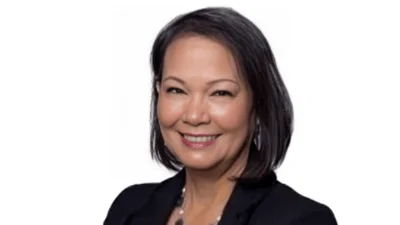Carrington College-Reno issued the following announcement.
If you would like to work with animals for a living, the right training can turn your ambition into a fulfilling career as a veterinary assistant. Veterinary assistants are required to learn all aspects of animal care including restraint, medical conditions, diets, surgeries, parasites, vaccines and more. This requires a certain personality, patience and commitment to help pets, pet owners and veterinarians.
So, in order to help you better understand this career path, we decided to interview Sandy Moore, MHRM, CVT, the new Veterinary Assisting Program Director at Carrington College in Phoenix.
Can you please tell us a little about yourself?
I am a CVT (Certified Veterinary Technician) nationally and within the state of Arizona. I started my career in the veterinary field as a veterinary assistant and attended a program similar to ours at Carrington College. I have held almost every position in a clinic, from the kennel assistant to the clinic service representative, lead technician, and a practice manager. I have worked for small animal practices, exotic practices, large animals, and even the Phoenix Zoo.
How long have you been with Carrington College?
I have been part of the Carrington College family for more than 20 years. I started out as an instructor for the Veterinary Assisting program, but have also been a part of Career Services team and the student success center.
What do you like the most about Carrington College?
Not everyone is a four-year college student and some just need a chance to feel good about a new career. I was once one of those students, but now I have my master’s degree in human resources. My journey helped me grow my educational potential and I want to “pay it forward” for others.
Can you please tell us about your new position as the Veterinary Assisting Program Director?
I started in February 2021 and help to oversee all students in tutoring, grades monitoring, attendance monitoring, and guidance for their success as needed. In addition, I support the faculty with their growth potential, help grow our curriculum, and keep our program up to date for the industry. I also support career services with student extern needs and mentor other Program Directors as we gain new team members.
I also look forward to writing training programs to support other goals. This includes writing procedural manuals for the success of the organization. I will also help to develop the trainers and their ability to train their staff. That is one of my primary goals in this new position.
What do you like the most about working in education?
It’s a different learning curve every day. You never know what will come next. The curriculum will be the same, but the students and their needs are unique. It keeps me learning and continuously preparing for the next steps.
Are you a member of any trade or community organizations?
I am a member of the Veterinary Health Care Team of Arizona (VHCTAz).
What are some of your proudest accomplishments?
My daughter is my proudest personal accomplishment as she is kind and helpful. Also, my master’s degree since education was not a direction in my 20’s and I’m proud of how far I’ve come.
Any advice for students interested in Veterinary Assisting?
It is important for students to know and realize that this is a medical program with animals sprinkled in throughout the curriculum. A large part of what we do is human-based and that includes supporting their love for their animal.
Original source can be found here.




 Alerts Sign-up
Alerts Sign-up